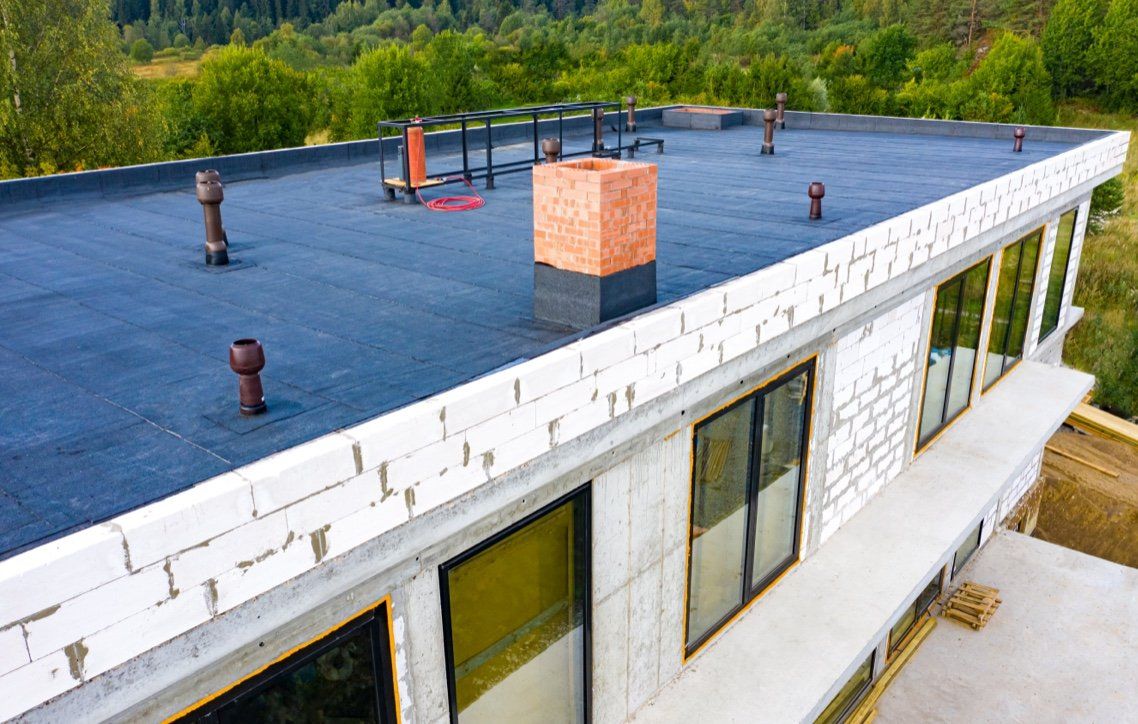Roof insulation is an often-overlooked component of your home’s energy efficiency. Let’s explore how proper insulation can boost roof performance, reduce energy costs, and increase comfort in your home.
How Insulation Improves Roof Performance
Insulation plays a critical role in your roof’s effectiveness by preventing heat loss in the winter and keeping cool air inside during the summer. A well-insulated roof helps regulate your home’s temperature, keeping it more comfortable year-round.
How Insulation Affects Heating and Cooling Costs
Proper insulation reduces the workload on your HVAC system, keeping energy bills lower. Upgrading your roof’s insulation can reduce heating and cooling costs while also decreasing your environmental impact.
How to Upgrade Your Roof Insulation Effectively
- Choose the Right R-Value: Ensure the insulation you choose has a high R-value for optimal performance in your specific climate zone.
- Use Reflective Insulation: Consider upgrading to reflective insulation to reduce heat absorption and improve energy efficiency in hotter climates.
- Seal Air Leaks: Make sure to seal any air leaks around vents, skylights, and chimneys to stop warm or cool air from escaping.
- Insulate the Attic: Attic insulation is key to preventing heat loss through the roof, as heat naturally rises. Ensure your attic is well-insulated.

Weathercraft’s Recommendations for Optimal Insulation
Weathercraft recommends top-quality, sustainable insulation solutions for long-term performance. Our experts tailor recommendations to your home’s needs to maximize energy efficiency without exceeding your budget.